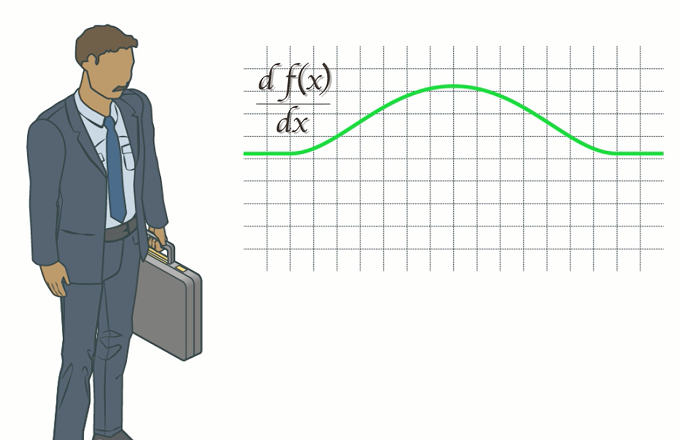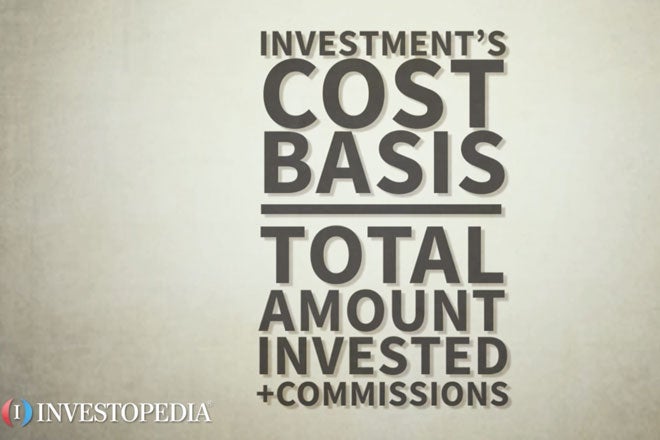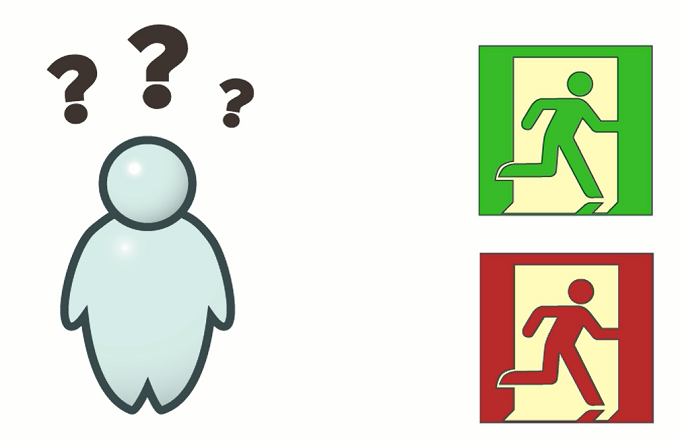Both forward and futures contracts allow investors to buy or sell an asset at a specific time and price. But they have subtle differences.Futures contracts are traded on exchanges, making them standardized contracts. Forward contracts are private agreements between two parties to buy and sell an asset at a specified price in the future. There’s always the chance one party in a forward contract may default. Futures contracts have clearing houses that guarantee the transactions. Forward contracts are settled on one date at the end of the contract. Futures contracts are marked-to-market daily, which means their value is determined day-by-day until the contract ends. Futures contracts can settle over a range of dates. Speculators who bet on the direction an asset’s price will move, often use futures. Futures are usually closed out prior to maturity, and delivery rarely occurs. Hedgers mainly use forwards to eliminate the volatility of an asset’s price. Asset delivery and cash settlement usually take place.





